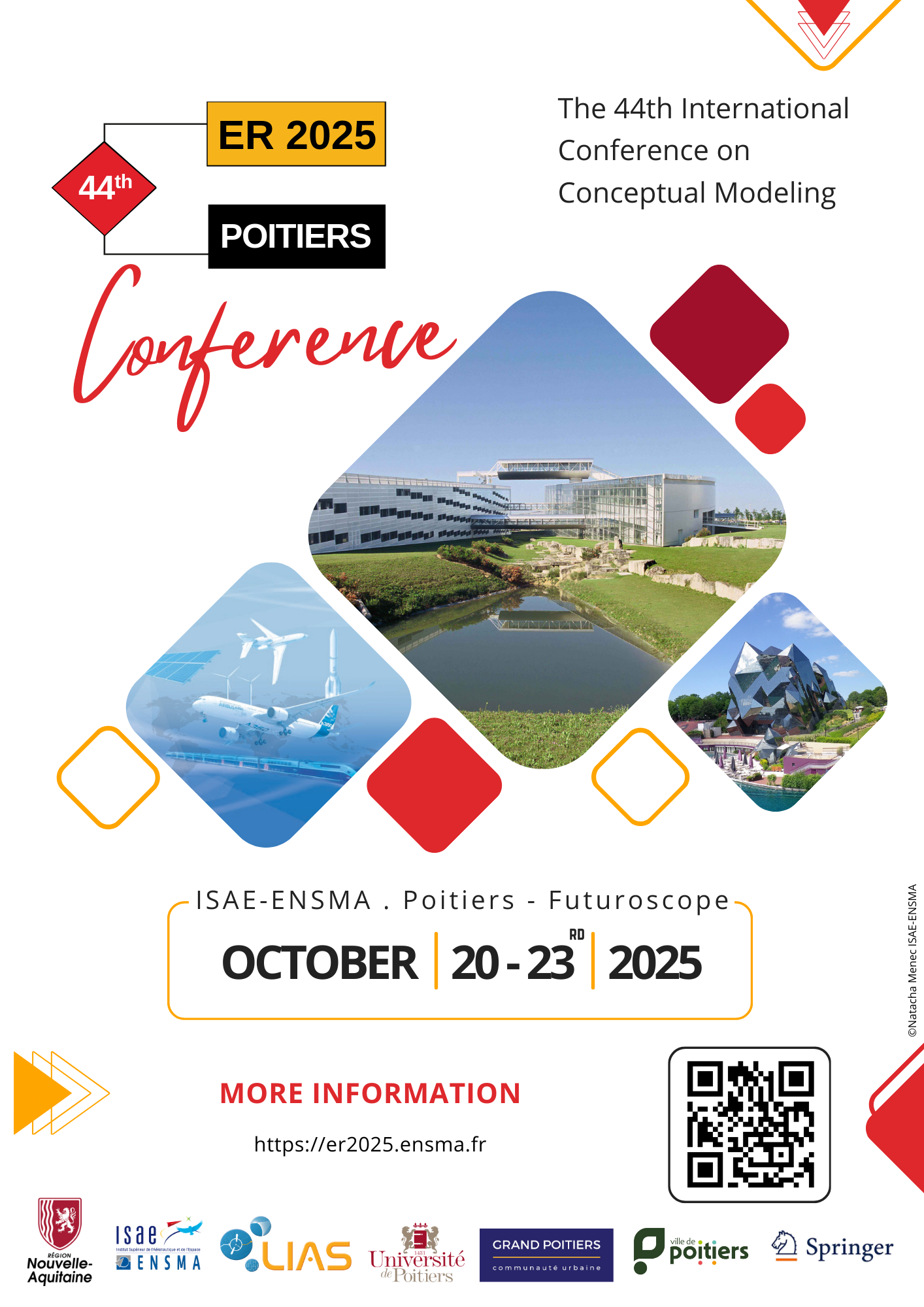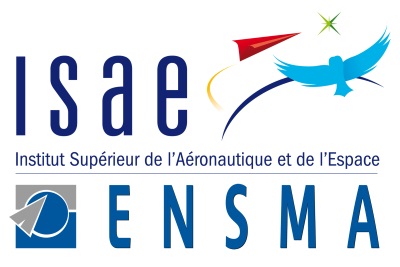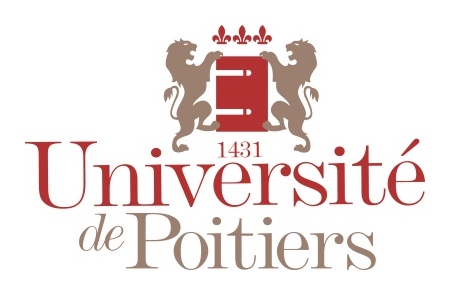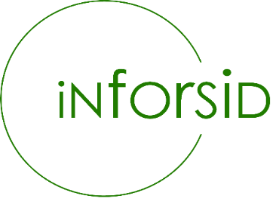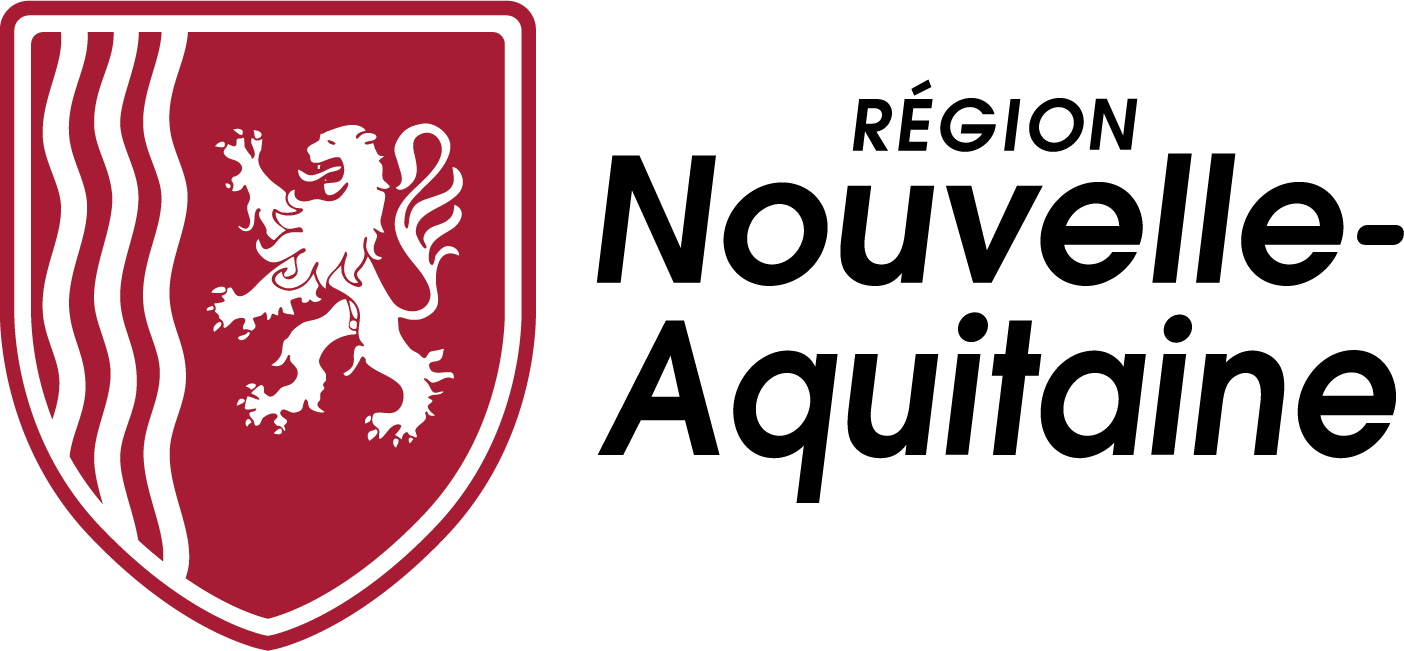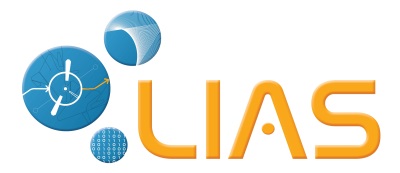
Workshops
- Fundamentals of Conceptual Modeling (FCM)
- 6th International Workshop on Conceptual Modeling for Life Sciences (CMLS)
- 3rd International Workshop Modeling in the Age of Large Language Models (LLM4Modeling)
- 11th International Workshop on Ontologies and Conceptual Modeling (OntoCom)
- 6th International Workshop on Quality and Measurement of Model-Driven Software Development (QUAMES)
Fundamentals of Conceptual Modeling (FCM)
FCM'2025 aims to bring together members of the ER community who are interested in and working on the philosophical, theoretical, epistemological and practical fundamentals of conceptual modeling. In doing so, we want to continue and strengthen recent initiatives, which have dealt with theory and methodology of modeling in the context of the development of complex digital ecosystems. FCM'2025 is designed as a real workshop, where in addition to the presentation of current research, sessions are planned for the joint development of a work program to create the desired theory and methodology. The call for papers can be found at https://ae-ainf.aau.at/fcm/, the workshop will take place from October 20-23 at Futoroscope Poitiers, France.
6th International Workshop on Conceptual Modeling for Life Sciences (CMLS)
The sixth edition of the Conceptual Modeling for Life Sciences (CMLS) workshop provides an important forum for experts in Information Systems, Conceptual Modeling, Data Management, and Artificial Intelligence to address emerging healthcare and life sciences challenges. With a specialized focus on Genomic Data Management and Precision Medicine, CMLS 2025 welcomes researchers and practitioners to explore novel techniques for translating genetic insights into personalized healthcare treatments. The workshop incorporates a wide range of research methodologies, from AI-powered decision support systems and large language models to ontological frameworks and healthcare process modeling, to provide a forum for multidisciplinary experts to explore these practical solutions for high-quality, efficient healthcare delivery.
3rd International Workshop Modeling in the Age of Large Language Models (LLM4Modeling)
In the 3rd International Workshop "Modeling in the Age of Large Language Models" (LLM4Modeling) we aim to foster the discussion of innovative approaches for the use of large language models in conceptual modeling. This includes for example the use of generative AI and agentic AI for creating, analyzing, executing, and interpreting conceptual models, evaluation strategies in this context, the use of LLMs in teaching conceptual modeling, the integration of LLMs and agents, or the embedding of LLMs in modeling tools.
11th International Workshop on Ontologies and Conceptual Modeling (OntoCom)
https://ontocomworkshops.github.io/OntoCom2025/
The International Workshop on Ontologies and Conceptual Modeling (OntoCom) focuses on the practical and formal application of ontologies to conceptual modeling. The importance of conceptual modeling has grown over the years, and it is now common to find examples of conceptual models being developed and used in various disciplines unrelated to computing, including biology, business, construction, and engineering. Among the reasons for this disciplinary expansion is also the increasing digitalisation of all aspects of modern life, as well as the increased complexity that such digitalisation entails in terms of emerging needs and requirements. The natural consequence is a proliferation of conceptual models of multiple real-world domains, which sooner or later, require data and systems to interoperate and/or integrate. In this emerging scenario, ontology-driven conceptual modeling becomes even more fundamental to modern life due to its intrinsic ability to represent reality in a theoretically and semantically consistent manner. Foundational (or top-level ontologies) have the potential to resolve the difficult problems that derive from a lack of a consistent and sound ontological theory. The benefits that can derive from the application of a foundational ontology include improved mapping to the real-world domain, increased level of communication and understanding among stakeholders, model reuse, semantic integration and interoperability and increased overall efficiency and effectiveness of information systems development and evolution. The application of foundational ontologies can also assist in overcoming the inscrutable nature of most mainstream artificial intelligence methods (e.g., neural networks and machine learning). We intend to bring together academics, researchers, and practitioners (with a background in IS engineering and/or ontology development) to develop an agenda for future collaborations that combine research and industrial expertise.
6th International Workshop on Quality and Measurement of Model-Driven Software Development (QUAMES)
In Model-Driven Software Development (MDD), the quality of conceptual models is critical because it directly affects software quality. Evaluating these models helps predict software characteristics, supports cost estimation, and aids project management by shifting effort from programming to modelling. In addition, testing models is essential for assessing quality metrics such as coverage and defect rates. Furthermore, with the growing role of AI in software development, conceptual models can promote trust in AI-generated systems. Similarly, low-code and no-code platforms rely on models for explicability. QUAMES workshop aims to attract research on methods, procedures, techniques, and tools for measuring and evaluating the quality of conceptual models that can be used at any stage of the software development cycle. Its main objective is to enable the development of high-quality software systems by promoting quality assurance from a modelling-based perspective and by exploring the challenges, benefits and lessons learned from conceptual modelling in AI-generated software.

